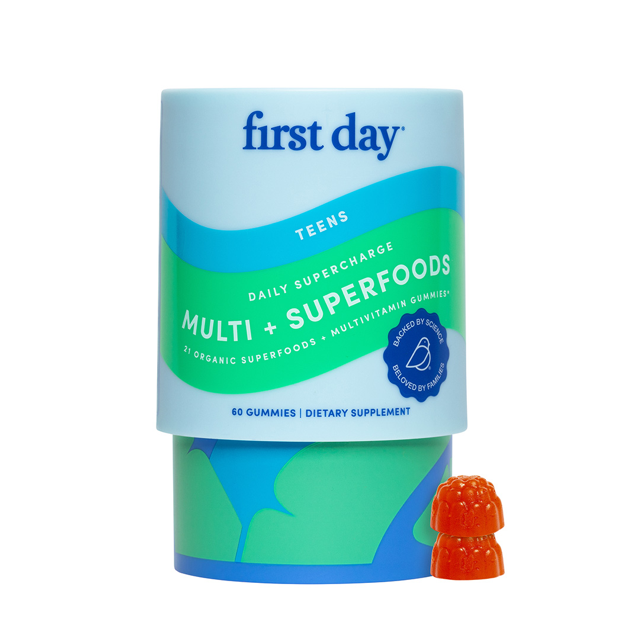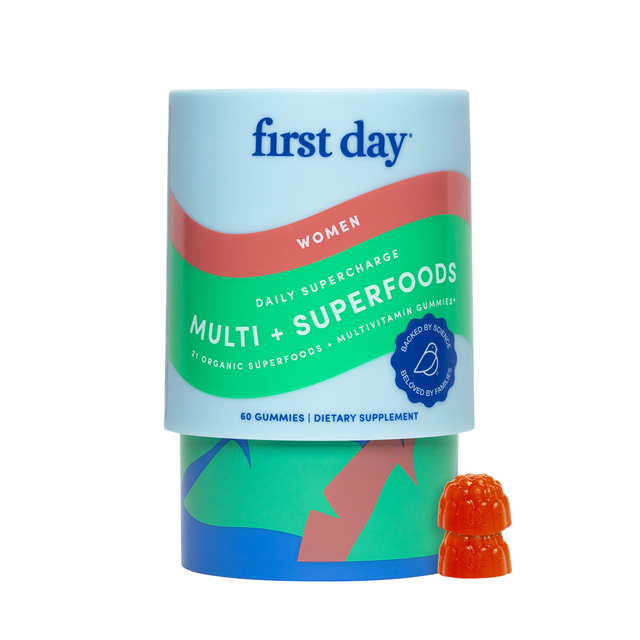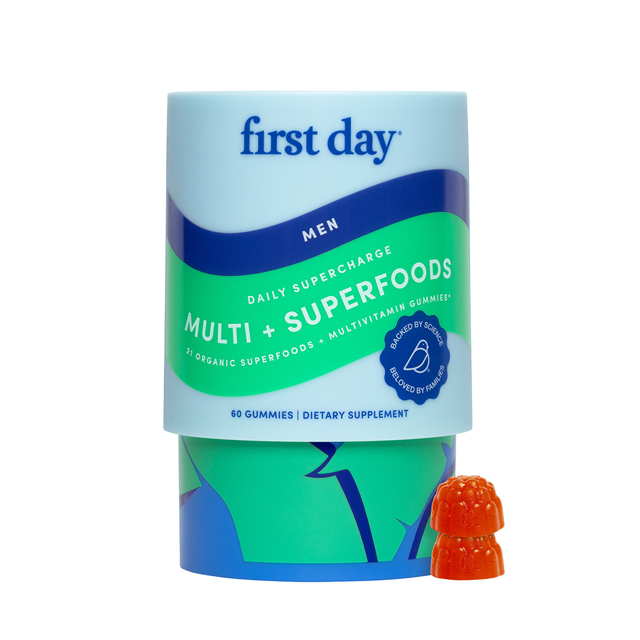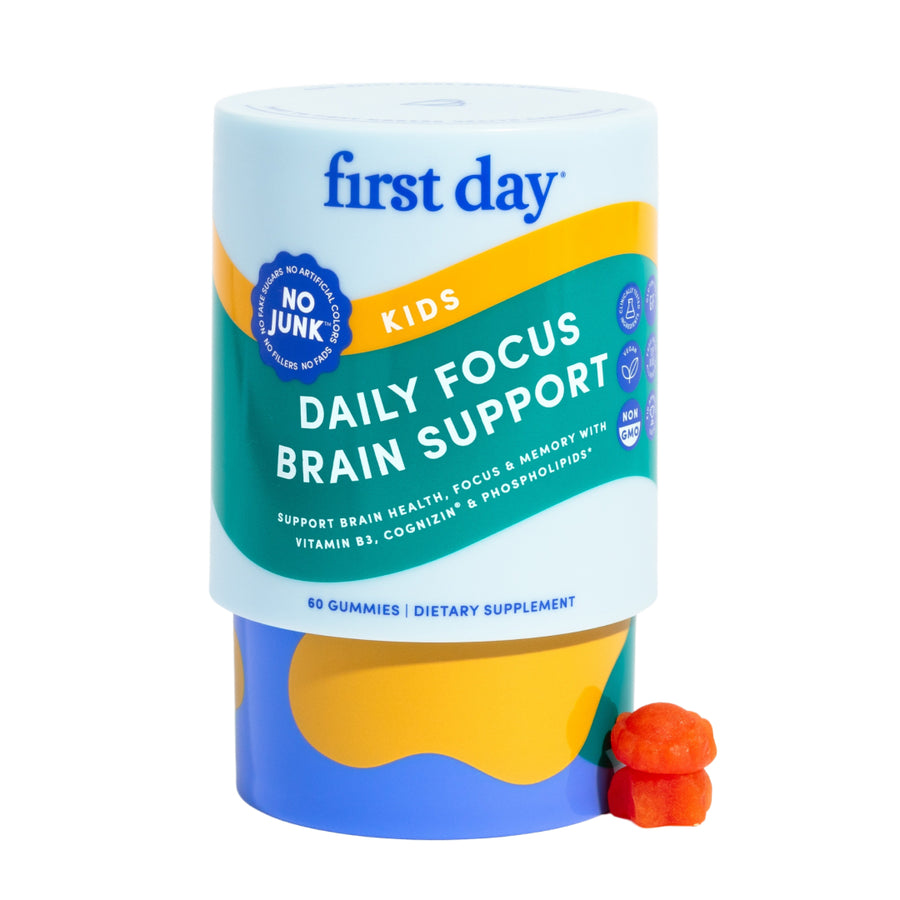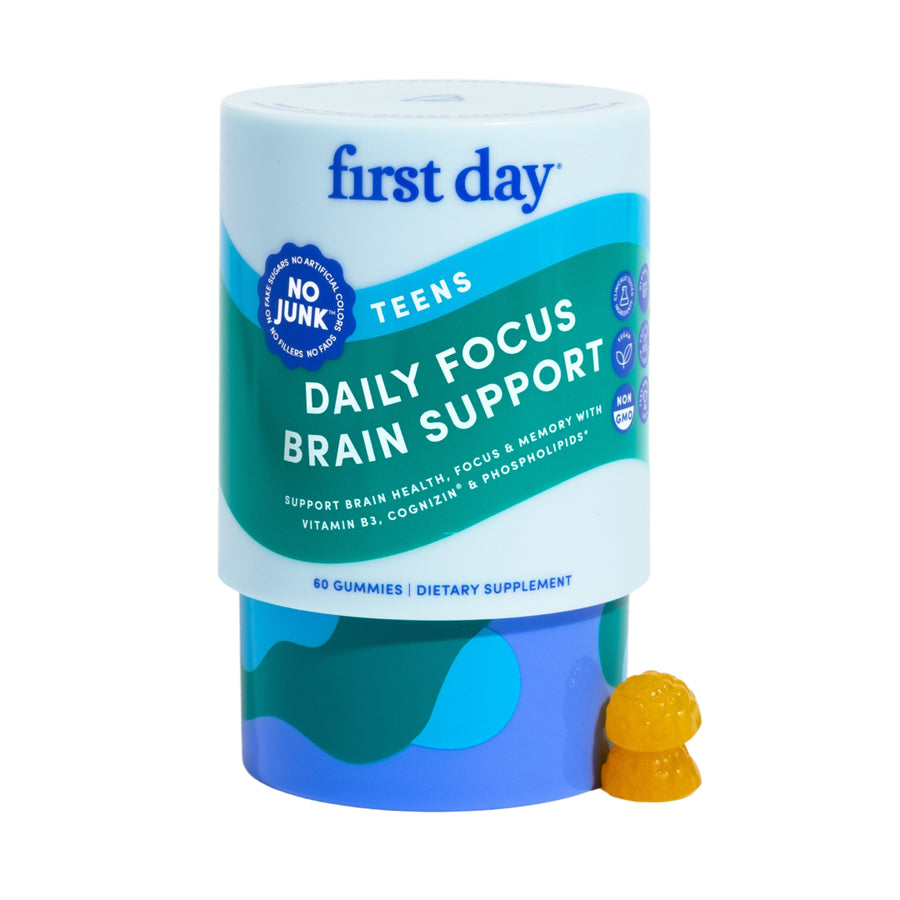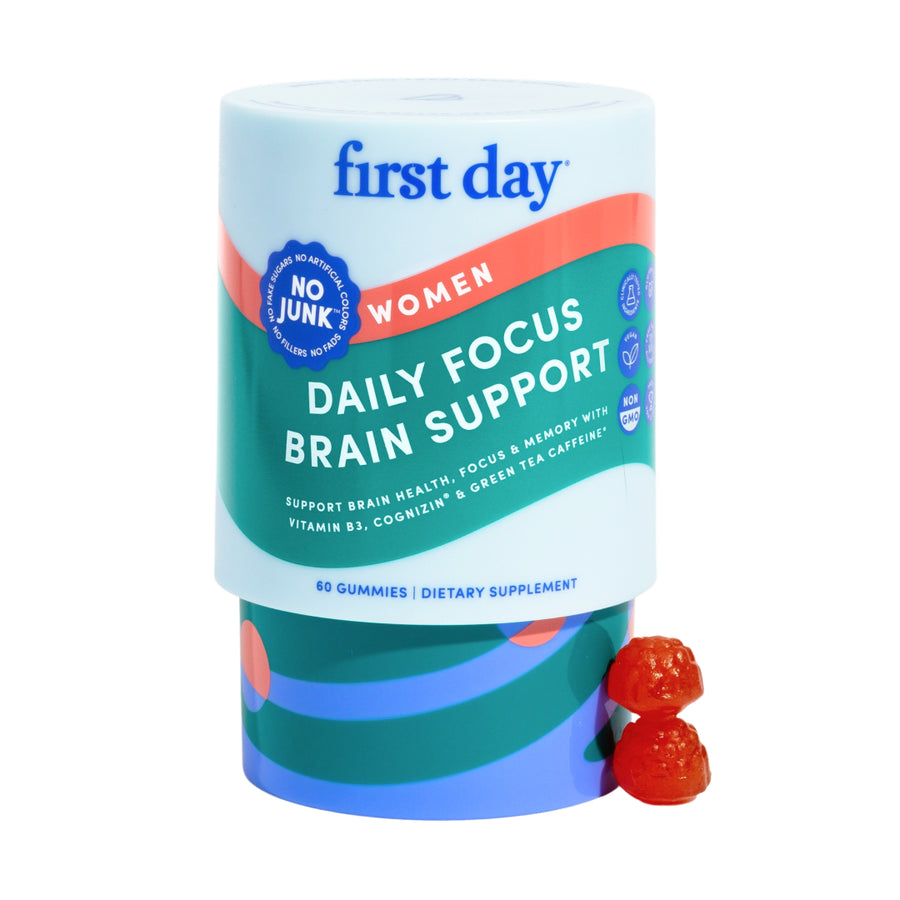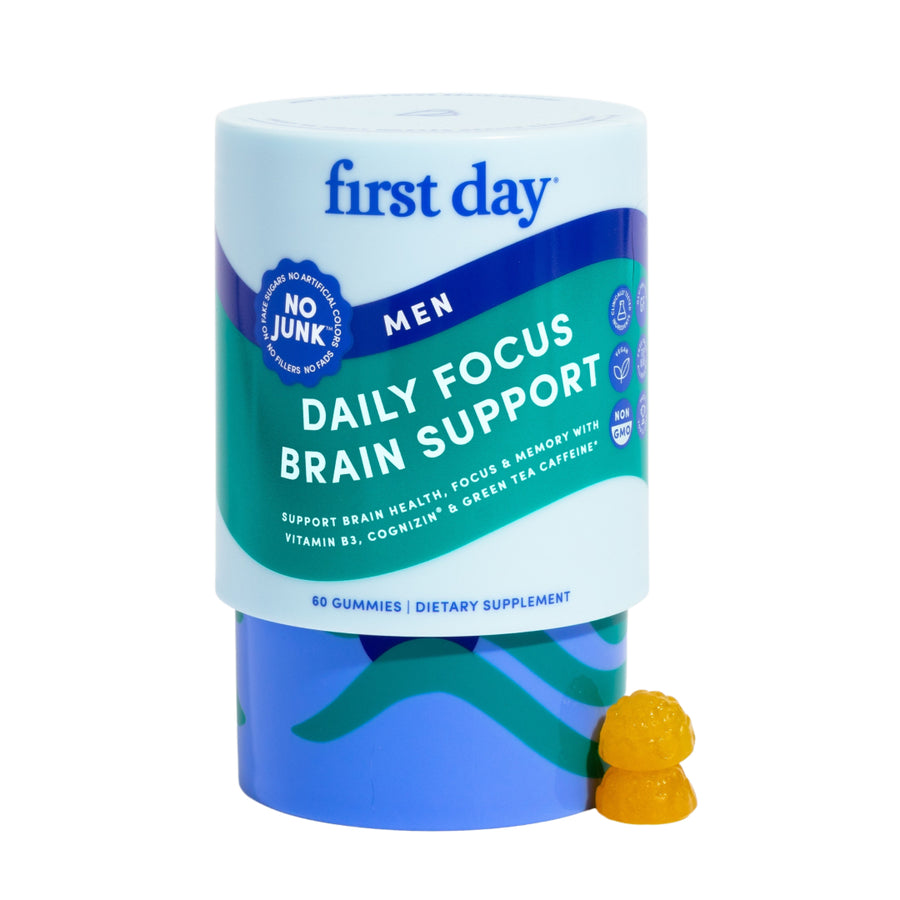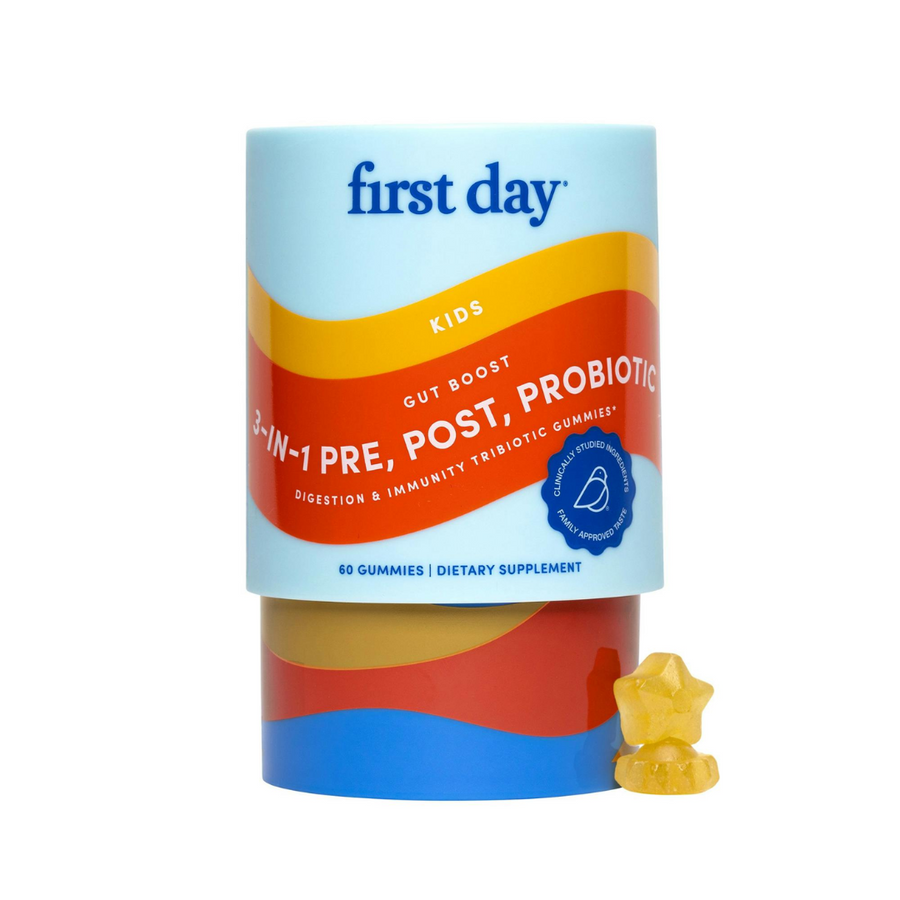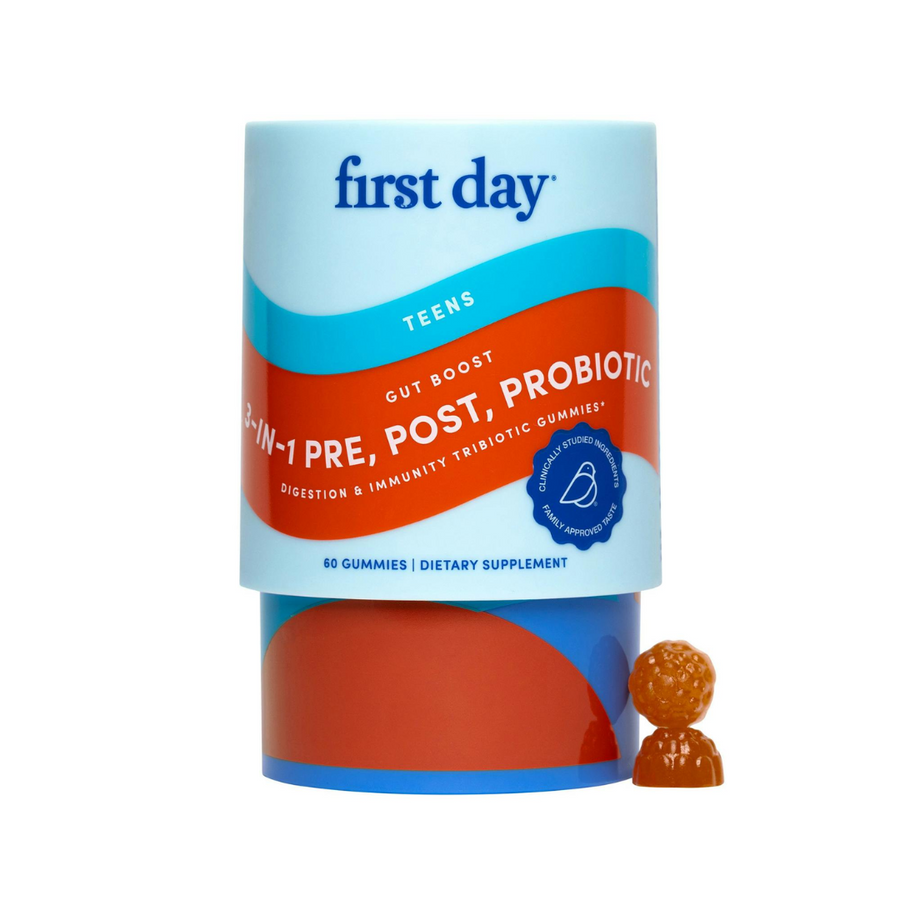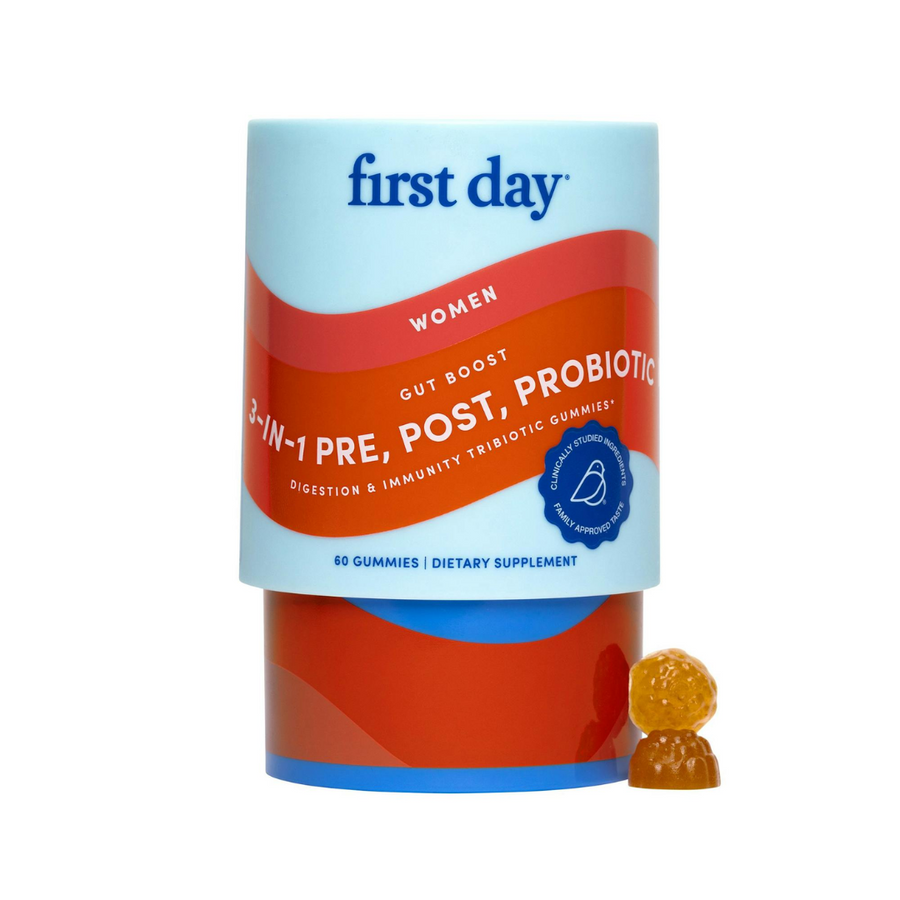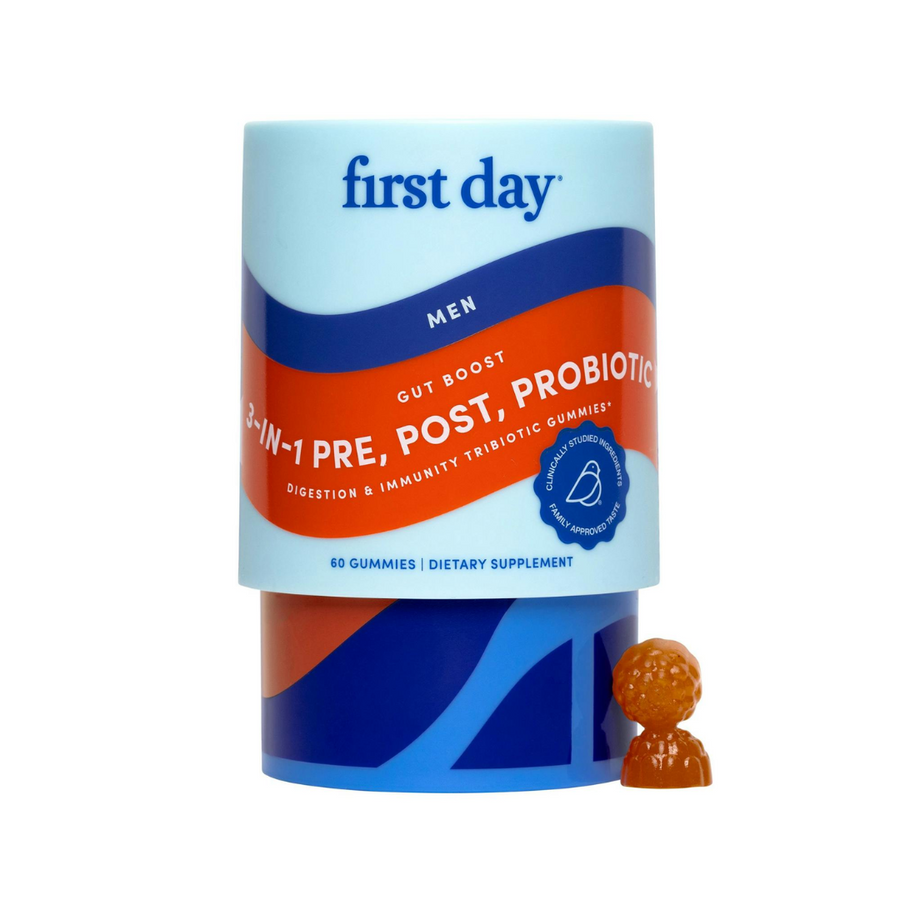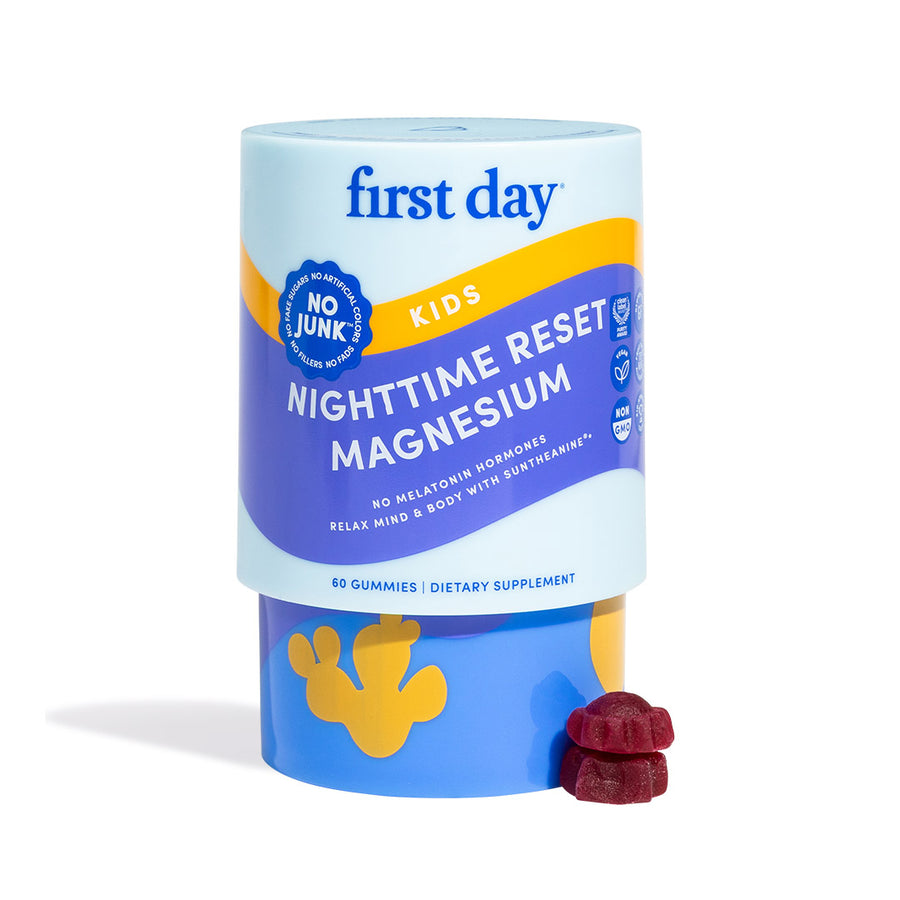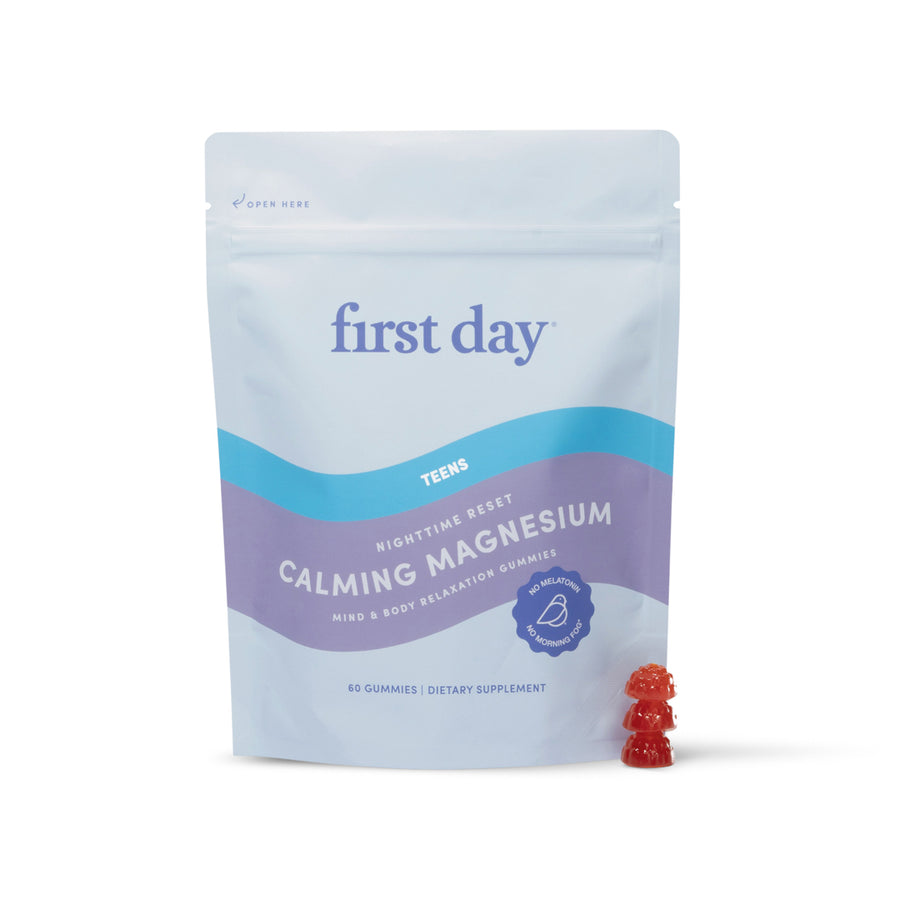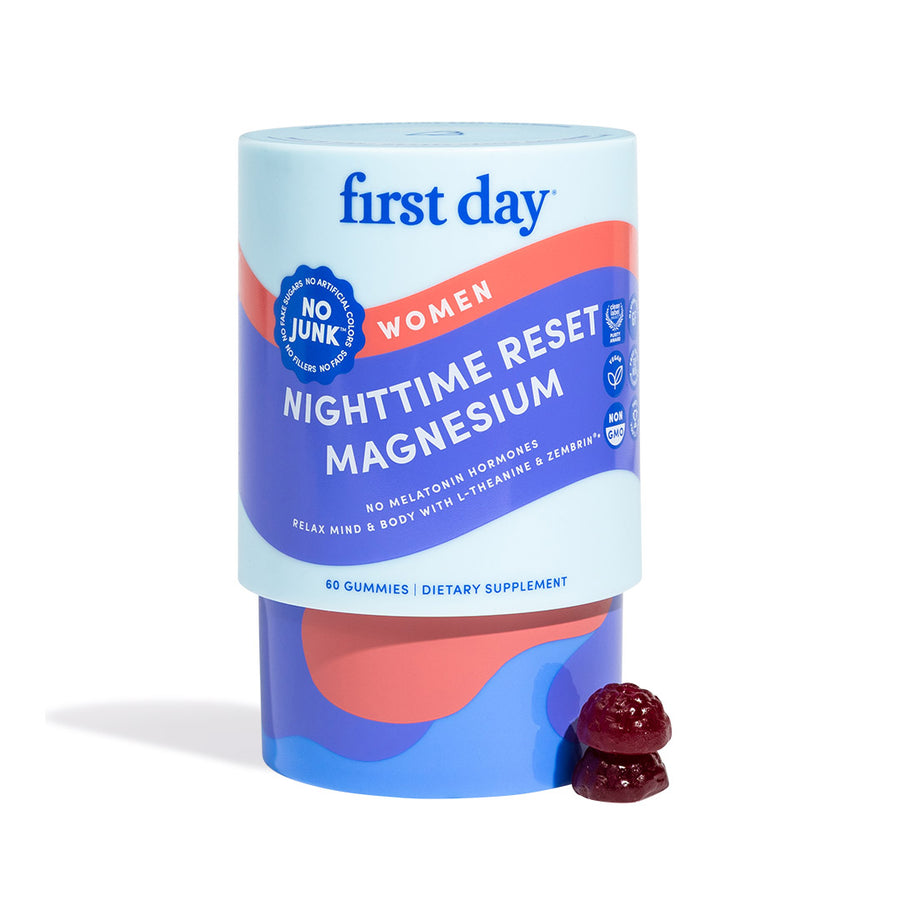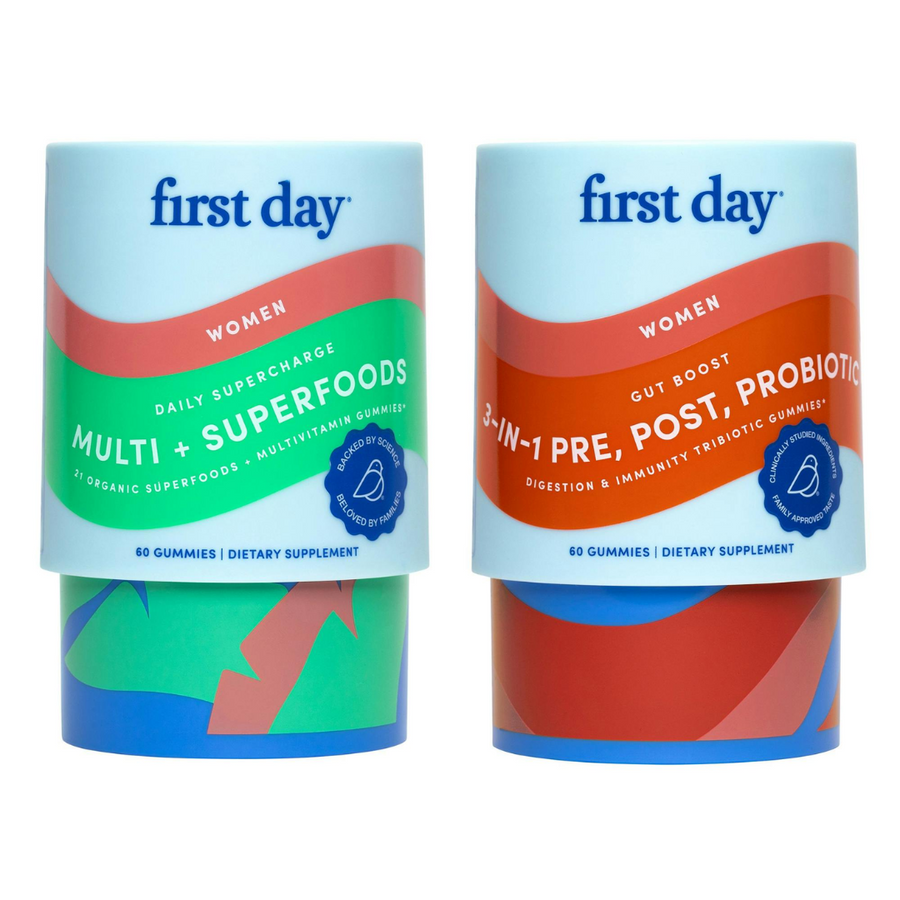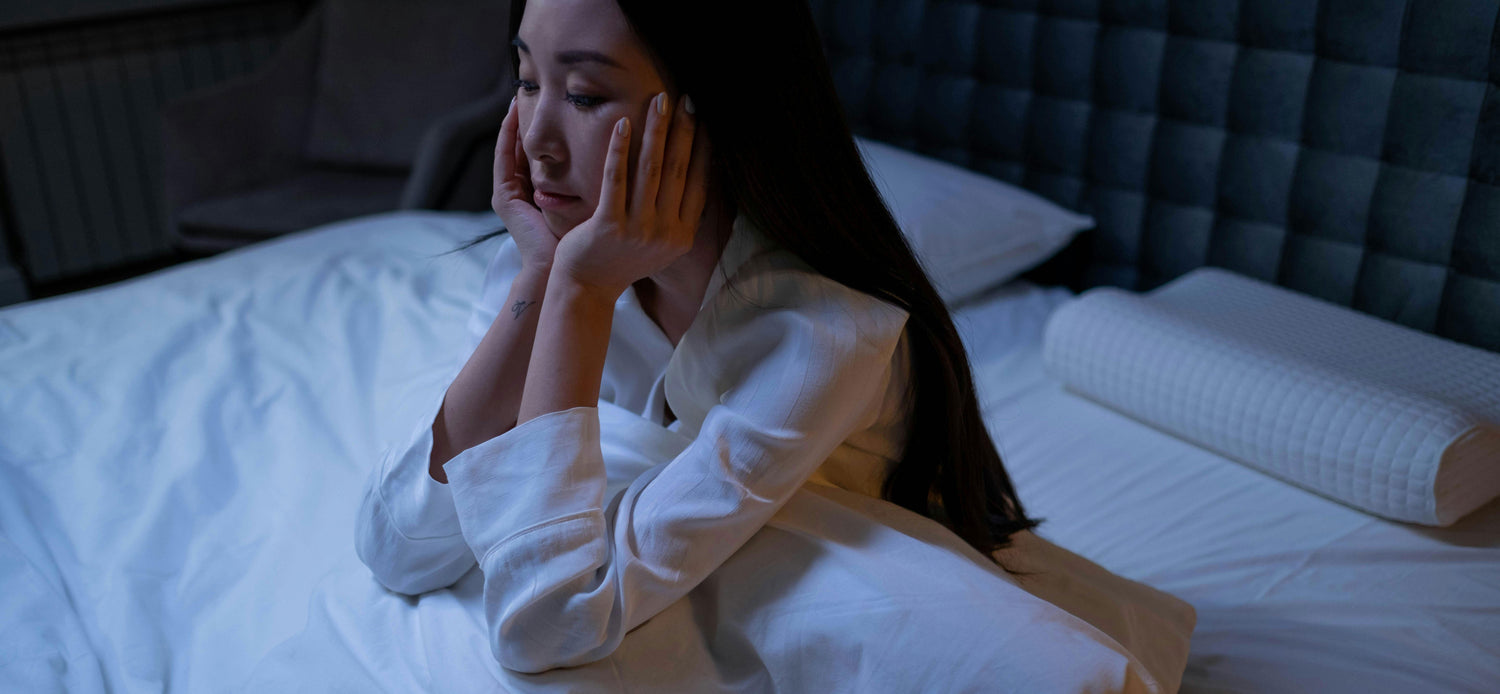Do you often feel tired and stressed? Do you find it difficult to focus during the day? If so, you may be suffering from poor sleep quality.
According to Harvard Medical School, about one-third of American adults report not getting enough sleep. This is a problem, as sleep can lead to serious health problems, decreased productivity, and even car accidents.
 News flash: None of us should go about every waking day feeling like a zombie.
News flash: None of us should go about every waking day feeling like a zombie.
In this blog post, we will discuss some tips on how to get a good night's rest. Here, you’ll discover just how much can change once you start sleeping better.
What are sleep problems?
Several sleep problems can interfere with your ability to get a good night's rest. Some common sleep disorders include insomnia, restless leg syndrome, and narcolepsy.
Not getting adequate sleep can also be caused by external factors such as noise, light, and temperature. Additionally, stress, anxiety, and depression can lead to poor sleep.
What are the consequences of not getting enough sleep?
If you're not getting enough healthy sleep, you may experience many problems. According to the National Sleep Foundation, these include:
- Fatigue
- Poor concentration and focus
- Impaired judgment
- Increased risk of accidents and injuries at work or while driving
- Mood swings and irritability
- Higher rates of depression and anxiety
- Weakened immune system
- Increased risk of obesity and heart disease
How much sleep do you need?
According to sleep experts, most adults need between seven to nine hours of sleep each night. Getting less than what your body needs can cause sleep-related problems and health issues.

We at First Day take our sleep seriously. That’s why we’re here to give you the lowdown on catching more than a short nap.
What is the benefit of getting enough good night's sleep?
Getting enough sleep is absolutely essential to our health and well being But what exactly are the benefits of getting enough sleep? It turns out there are plenty! So if you're looking for a few reasons to make sure you're getting enough z's, read on. You'll be glad you did!
Here are some benefits of getting enough good night sleep:
- Improved mood
- Reduced stress levels
- Better cardiovascular health
- Weight loss or maintenance
- Prevention of chronic diseases, such as diabetes and heart disease
So how do you go about improving your sleep quality? Let's take a look.
How can you sleep better?
If you're having trouble sleeping, there are many things you can do to have a good sleep.
Say goodbye to groggy and cranky. Here are tips on how to sleep better:
Create a relaxing sleep environment
- During the day, increase your exposure to natural light
According to a study, sunlight exposure during the day can help reset your body's internal clock and circadian rhythm.
If you need more daytime energy, then this is for you. If you are a night owl, then natural light exposure during the day can help make it easier to have a better sleep at night.
- Avoid electronic devices before going to bed
Blue light from electronic devices can interfere with your body's natural circadian rhythm and make it harder to fall asleep. Avoid using electronics before bedtime and turn off at least an hour before sleeping.
- Make sure your bedroom is cool, dark, and quiet
A cool, dark, and quiet bedroom is the ideal environment for sleep. Make sure your room is free from noise and distractions. While you’re at it, spoil yourself a little by investing on blackout curtains or a reliable eye mask to block out light.
You can also use a noise machine to create white noise in your room. Also, try to play relaxing music or soft music to help you sleep.
- Set the temperature in your bedroom
When aiming for a good night’s sleep, comfort is key. That means finding the sweet spot between too cold or too hot. The ideal room temperature for sleeping is around 65 degrees Fahrenheit. If your room is too hot or cold, you may have difficulty falling asleep. Use a fan or air conditioner to cool down your room, or use a blanket to keep yourself warm.

Create a bedtime routine
- Don't eat late at night
Munching while watching your favorite show in bed can seem deceptively comfy but it could go sideways before you know it. Eating late at night, even just a light snack, can lead to indigestion and heartburn.
This could keep you up at night. Plus, you’ll be welcoming the next day with a furious set of eye bags and in a gloomy mood. Also, eating too close to bedtime can cause your body temperature to rise and make it harder for you to fall asleep. So put that bag of chips down already.
- Take a bath before going to bed
This isn’t just about practicing good hygiene. Taking a warm bath before going to bed can help you relax and ease into sleep. So go for one an hour two before bedtime. Think of it as a way to pamper yourself too. You definitely deserve it!
- Practice relaxation techniques before sleeping
Try meditation, deep breathing, guided imagery, and progressive muscle relaxation. This can help you feel less stressed and more relaxed, leading to a much better slumber. If you're having difficulty sleeping at night, try practicing these relaxation techniques before bed.
Set a sleep schedule
- Create a schedule for getting a decent night's sleep regularly and stick to it as much as possible
Making healthy habits like sticking to a sleep schedule can help regulate your body clock and improve sleep quality. Go to bed and wake up around the same time each day, even on weekends.
If you have trouble waking up in the morning, try setting your alarm clock or asking someone to wake you up. We all need a little help sometimes!
If you are looking for the best sound of alarms that will wake you up, here it is:
- Birds singing.
- A knock at the door.
- A telephone ringing.
- Running water from a stream or river.
- A car alarm going off in the distance.
- The sound of waves crashing on the shore.
While you’re at it, set your body clock by creating healthy habits like getting some sunlight when you first get out of bed or running around the block.
- Reduce irregular or long daytime naps
When we were kids, we dreaded naps. Now that we’re a little older, naps are officially a sacred part of the day.
Sure, naps can be beneficial, especially if you have trouble sleeping at night. However, long naps or irregular napping during the day can disrupt your sleep-wake cycle and make it harder for you to go to sleep later in the day.
If you need a nap during the day, try to limit it to 30 minutes before the early afternoon. This way, it won’t interfere with your sleep at night.
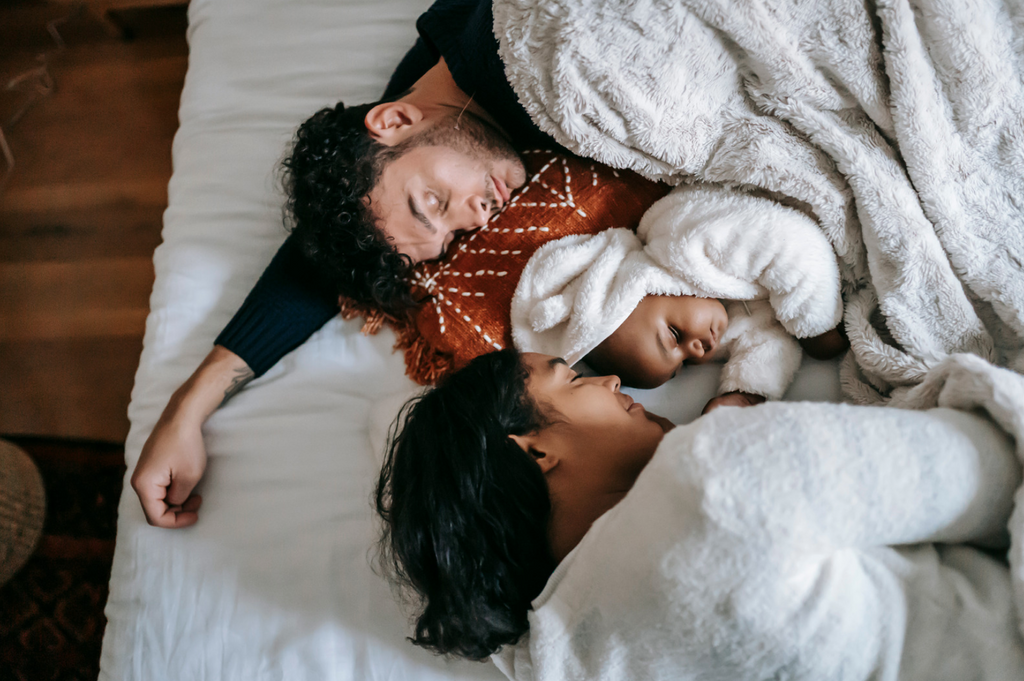
Be more conscious of your daily habits
- Moderate your caffeine intake
Caffeine provides several health benefits and is consumed by 90% of the population in the United States. Caffeine stimulates your nervous system and elevates your focus, energy, and sports performance. However, caffeine drunk within six hours before going to bed was found to negatively impact our sleep.
Since caffeinated drinks aim to wake you up, consuming it later in the day will have the opposite effect. Caffeine can linger in your blood for six to eight hours, so if you're having difficulty sleeping at night, avoid drinking it after lunch. Instead, try to drink warm milk before going to bed.
- Only use the bed for sleeping
Try not to read, watch TV and eat in bed. We know: it could be a few habits that are hard to kick but trust us, it’s for your own good. If you associate your bedroom solely with sleep, it will be easier to doze off at night.
If you do other things aside from sleeping in your bedroom, like office work, your brain will think of your bed as a workplace.
- Avoid alcohol
Alcohol may make you feel sleepy, but it can disrupt sleep in the second half of the night and cause sleep apnea.
If you drink alcohol before bedtime, try to limit it to one or two drinks at least three hours before going to sleep. Your body needs time to metabolize what you drink and eat. So finishing that bottle of red before bed won’t help you.
- Exercise regularly, but not before bedtime
Regular exercise can help you fall asleep faster, sleep more deeply, and wake up feeling refreshed.
However, it's best to do regular physical activity during the morning or afternoon hours so that your body has time to wind down before bedtime. Try not to exercise within three hours before going to bed, as this could make it harder for you to fall asleep. It’s a sudden rush of adrenaline you won’t need at this time.
- Limit the amount of nicotine and other stimulants
Try not to smoke cigarettes after dinner and before bedtime. Smoking a cigarette can increase your heart rate and blood pressure, which may make it harder to go to sleep.
Better yet, find a way to kick the habit. You wouldn’t want to suffer from chronic diseases when you get older, right?
Try these if you have trouble falling asleep
- Get checked by a licensed doctor
If you find it hard to fall asleep, get checked by a healthcare professional for sleep disorders. Suppose your doctor finds that no underlying medical conditions are causing your insomnia. In that case, they may prescribe medication to help you relax and fall asleep more quickly at night.
- Take sleep aids
If you're struggling to go to sleep, your doctor may prescribe sleep medicines. However, it's essential to only take these medications as directed and in the short-term.
Taking sleep medications for an extended period of time can lead to dependence and other health problems.

Better sleep, better health
These sleep hacks are pretty simple and easy enough to put into action. You can start by finding a new bedtime routine, making your bedroom more comfortable, or even taking sleep medicines.
It's never too late to start getting the sleep you deserve. For more health hacks and advice, check out our First Day tips for a happier, healthier you.
Sources:
- https://www.mayoclinic.org/healthy-lifestyle/adult-health/in-depth/sleep/art-20048379
- https://www.helpguide.org/articles/sleep/getting-better-sleep.htm
- https://www.health.harvard.edu/newsletter_article/8-secrets-to-a-good-nights-sleep
- https://www.sleepfoundation.org/sleep-hygiene/healthy-sleep-tips
- https://www.headspace.com/sleep/how-to-sleep-better



